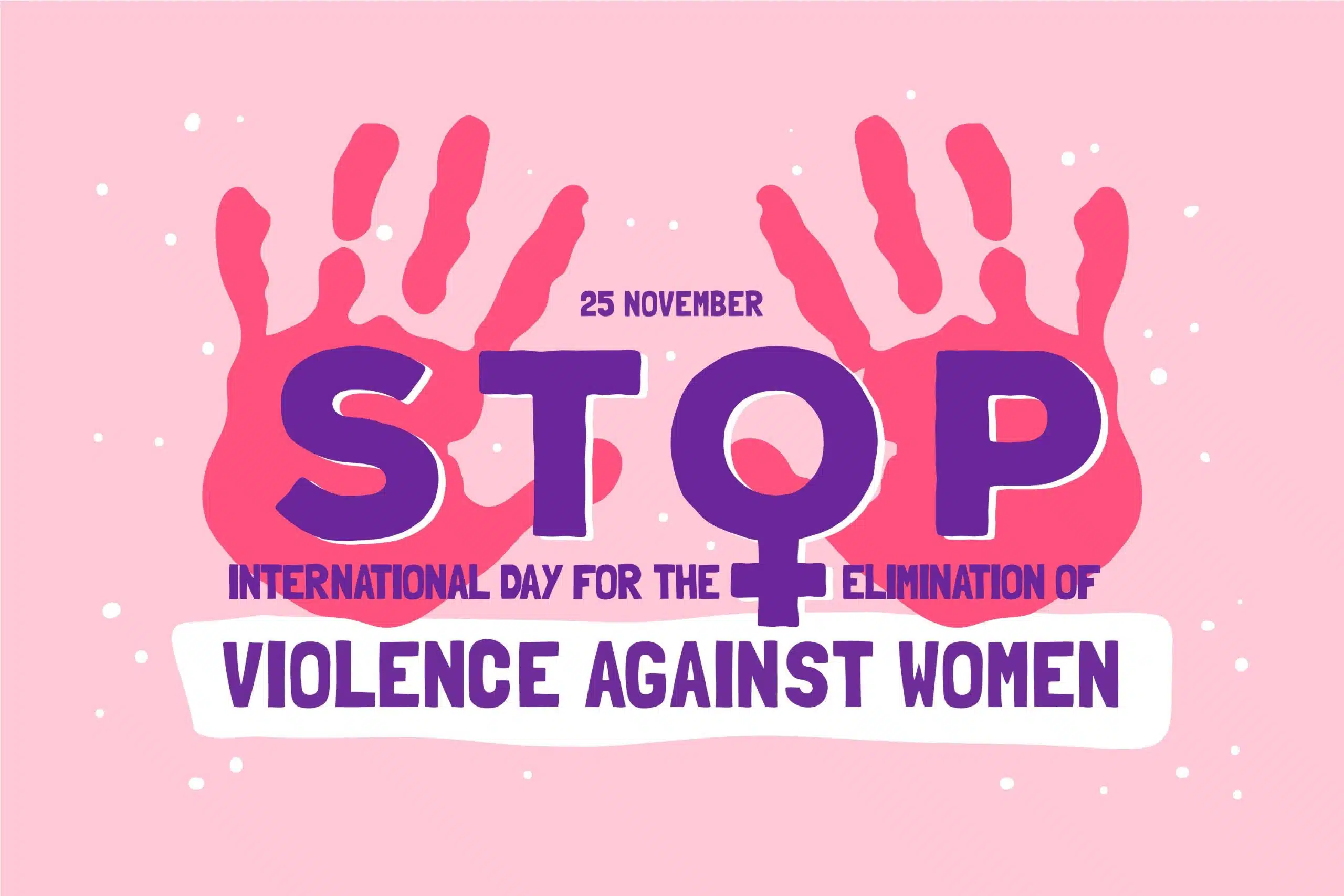By Kairel Mcleary-Barnes
Violent or aggressive behaviour within the home, typically involving the violent abuse of a spouse or a partner is Domestic Abuse.
Each year nearly 1.3 million women suffer at the hands of their loved ones in the home. During the pandemic this number increased…. Domestic abuse is such a sad phenomenon far too many women experience, black women’s cries for help in the UK, go continuously unheard. We are misrepresented and it is a problem. Why? You may ask, well it all goes back to institutionalized racism and intra-racial relationships involving the Black Community.
When it comes to black women the problems and mistreatment we face are always dismissed. We are always gaslighted. 45.1 % of black women have experienced intimate partner physical violence, intimate partner sexual violence and or intimate partner stalking in their lifetimes.
Even though there is not enough evidence in stating black women are abused more than their white counterparts, we are more likely to go unreported or have our pleas for help go unreceived. Black women are more than likely to suffer more severe, more complex forms of abuse for longer. 38.1 % of black women have experienced one or more of the following: intimate partner violence- related impacts: being fearful, concerned for safety, any post-traumatic stress disorder, symptoms of injury, need for medical care housing services, victim advocate services, and for or legal services missed out at least one day of work or schooling and contacting crisis hotline. 53.8% of Black Women have experienced psychological aggression by an intimate partner in their lifetimes.
Intersectionality- The interconnected nature of social categorizations such as race, class, and gender as they apply to a given individual or group, regarded as creating overlapping and interdependent systems of discrimination or disadvantage. This Term was coined by Kimberele Williams, a Lawyer who continues to challenge and change Intersectionality and what it means for black women especially, i.e, a black gay man, has a completely different experience to a white gay woman. Black women have a totally different experience than black men and non-black women all together.
Black women additionally experience sexism and misogyny, and racial discrimination (and the backlash they will receive if they do get a ‘brother’ locked up) which may result in them not asking for help. Also, take into consideration the fact we are rarely ever seen, defended, or heard when it comes to anything pertaining to us.
‘An intersectional analysis has been fundamental in the works to end violence against black and ‘minority ethnic’ women and girls. Intersectionality has provided the most useful framework for ‘capturing’ and understanding our individual and collective experiences. It has also been important as a mechanism to ensure that our activities are always located in a broader struggle for social justice. For example, our commitment to ‘by and for’ dedicated, specialist black and ‘minority ethnic’ women’s organisations are rooted in an understanding that as minoritised women and girls experiencing multiple intersecting inequalities, we have the right to organise and resist in ways that are defined by us, for us and with us.’ (The Combahee River Collective, 1977).
When White Women were fighting for their right to be heard, to be equal to men as much as they could, to be able to vote, to work, black women were in support- given our issues with the feminist movement were overlooked as well, we stood by and defended and fought that cause. When black men are thrown away to rot in a cell- given years upon years for crimes they didn’t even commit, for crimes their white male counterparts would have gotten lesser years for, we as black women continue to fight. When black men were and still are being continuously hunted, their lives taken by authority figures, and gang violence, we as black women continue to fight for justice for all the black men being slain.
Why when it comes to black women and our pleas, our cries and our right to want to be heard, in wanting to live, no one seems to care. How many black women does it have to take for the World to take us seriously? We cry, cut and bleed just as much as anyone else does, yet when we are being abused, it seems our pain does not matter. How many BME organisations does it take? How many lectures do we need to attend for people to realise Black Women’s Lives Matter? And domestic abuse is a serious case that continues to take the lives of Women every day.
As a Black Woman I will continue to fight for black women to be seen, for us to take up space as much as possible, so they know we will not be ignored. For us to continue shining, for us to continue living as we deserve that right, black women in the UK need help.
Helplines:
Sista Space: 0207 846 350
Refugee’s National Domestic Abuse Helpline: 0808 2000 247
free, independent, and confidential 24/7 Support line: 08 08 16 89 111.


